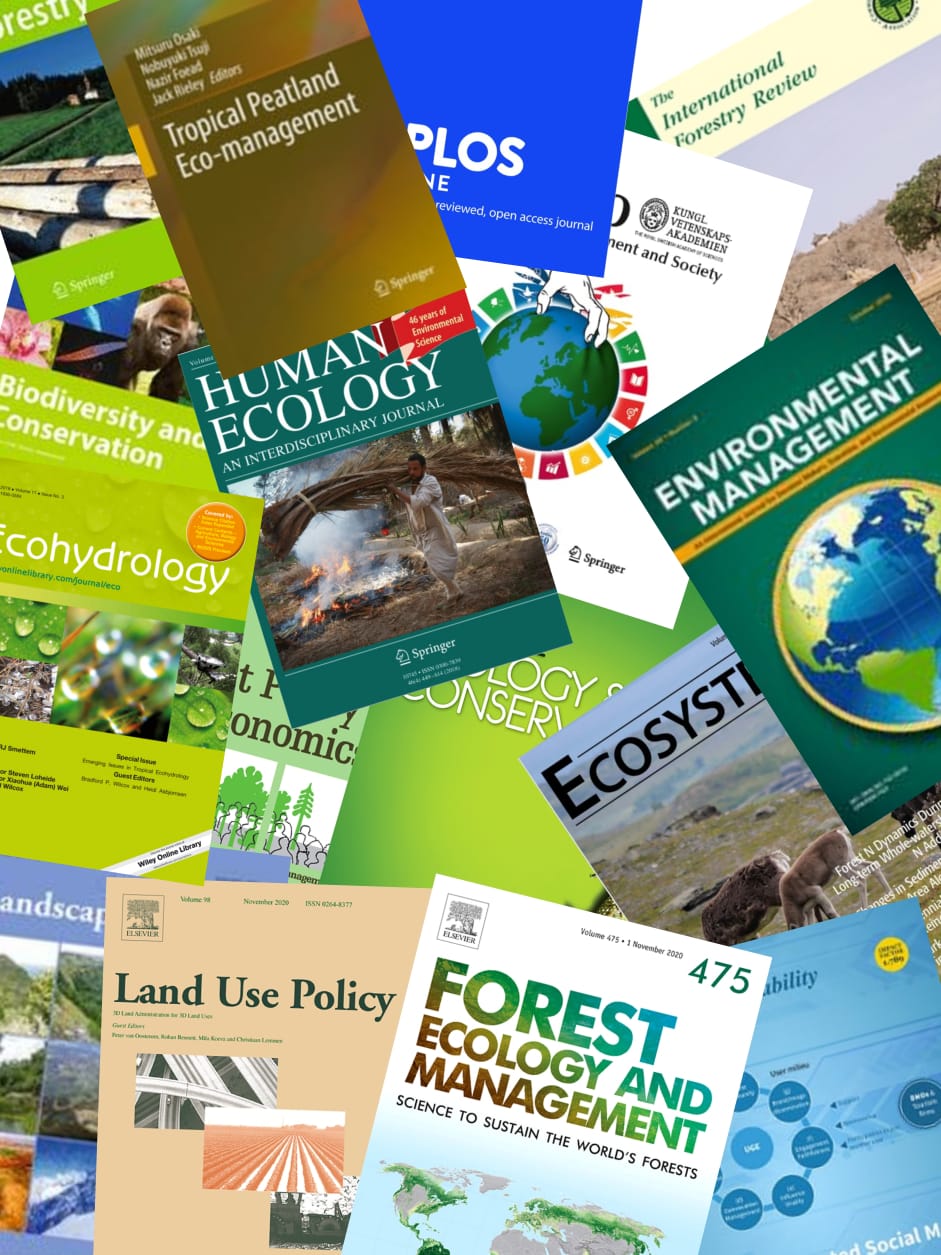The member states of the Association of Southeast Asian Nations (ASEAN) have been frequently criticized for adhering to a long-standing norm of strict non-interference in each other's domestic affairs, thereby hampering collective efforts to address regional problems. This article presents an ana-lytical model of international institutions that shows how underlying norms and principles - the meta-regime - govern the rules and procedures of spe-cific international regimes. It then applies this model to ASEAN's trade and anti-haze regimes, demonstrating how ASEAN's underlying meta-regime has frustrated attempts to liberalize trade and reduce air pollution. While ASEAN's purview has extended well beyond its original security mandate and it has developed new rules and procedures to handle the new issues, its underlying norms and principles consistently limit its ability to handle regional problems. In the conclusion, we discuss how the ASEAN states might be able to foment cooperation in these issue areas without completely abandoning its foundational norms and principles. © 2010 Taylor & Francis.
View source

